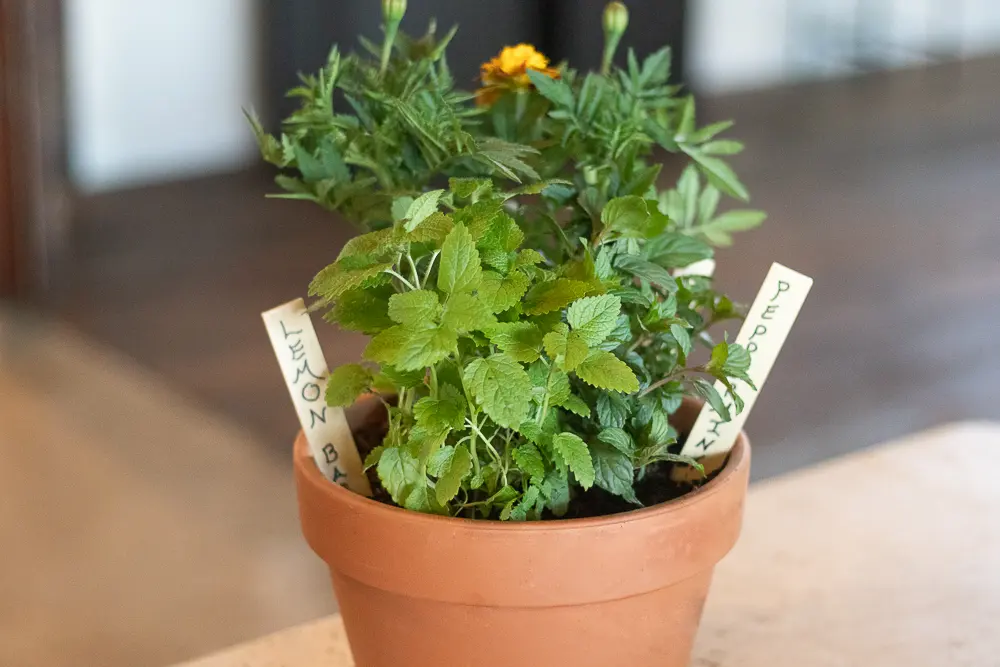By Amanda Rose Newton
When it comes to keeping mosquitoes at bay, many people turn to plants like citronella, lavender, and lemon balm, believing that simply having these plants around will protect them from bites.
However, the reality is a bit more nuanced. It’s not the plant itself that repels mosquitoes, but rather the essential oils contained within these plants. Understanding this distinction can help you make better choices for mosquito control in your home and garden.
Plant Oils: The Real Mosquito Repellents
The oils extracted from certain plants are potent mosquito deterrents because they contain compounds that mosquitoes find unappealing. For instance:
Citronella Oil: Derived from lemongrass, citronella oil is one of the most well-known natural mosquito repellents.
Its strong scent masks the human odors that attract mosquitoes.
Lavender Oil: Besides its calming effects on humans, lavender oil is effective in repelling mosquitoes due to its strong floral fragrance.
Lemon Eucalyptus Oil: Recognized by the CDC as a natural mosquito repellent, this oil contains a compound called PMD (para-menthane-3,8-diol) that is particularly effective against mosquitoes.
Peppermint Oil: The strong scent of peppermint oil is unpleasant to mosquitoes, making it another good option for natural repellent.

These oils can be used in various ways, such as in sprays, lotions, or even added to candles. However, it’s important to remember that just having the plants in your garden won’t be enough; the oils need to be extracted and applied to effectively repel mosquitoes.
Beautyberry: The Rare Exception
One of the few plants that actually repels mosquitoes by itself is our native American beautyberry (Callicarpa americana).

This plant is unique because its leaves contain callicarpenal, a compound that has been shown to deter mosquitoes. While the oils within beautyberry leaves are responsible for this effect, simply crushing and rubbing the leaves on your skin can offer protection without the need for oil extraction.
This makes beautyberry a valuable addition to any garden in mosquito-prone areas, especially for those looking for a low-maintenance, natural repellent.
Alternatives to Plant Oils: Smoke-Based Repellents
While plant oils are effective, they’re not the only natural option for sending the signal that mosquitoes are not wanted. Smoke deterrents, such as incense made from mosquito-repelling plants, offer an alternative. The smoke produced by burning these plants carries the repellent oils into the air, creating a barrier that mosquitoes are reluctant to cross. Most flying insects are not big fans of flying in smoke and this trick has been used for as long as Florida has been inhabited.
Citronella Incense: Like citronella oil, citronella incense is highly effective in repelling mosquitoes. The smoke disperses the citronella oil into the air, providing protection over a larger area.
Lavender Incense: Burning lavender incense not only adds a pleasant fragrance to your space but also serves as a mosquito deterrent.
Sage and Rosemary: These herbs, when dried and burned, release oils into the smoke that mosquitoes find repellent. They’re particularly good options for outdoor gatherings.
Crafting Your Own Mosquito Repellent
For those interested in making their own mosquito repellent, plant oils are a great starting point. A simple recipe involves mixing essential oils like citronella, lavender, and peppermint with a carrier oil such as coconut or jojoba. This mixture can be applied to the skin for protection, or added to a spray bottle with water and a bit of alcohol for a homemade mosquito spray.
While beautyberry plants offer a rare and natural solution on their own, using plant oils or smoke-based repellents provides additional, customizable ways to keep mosquitoes at bay. By understanding how these plants work, you can better protect yourself from pesky bites, whether you’re enjoying time in your garden or spending an evening outdoors.
Whether you choose to use plant oils, beautyberry leaves, or smoke-based repellents, natural mosquito control is both effective and versatile. Experiment with different methods to find what works best for you and enjoy a bite-free summer!


